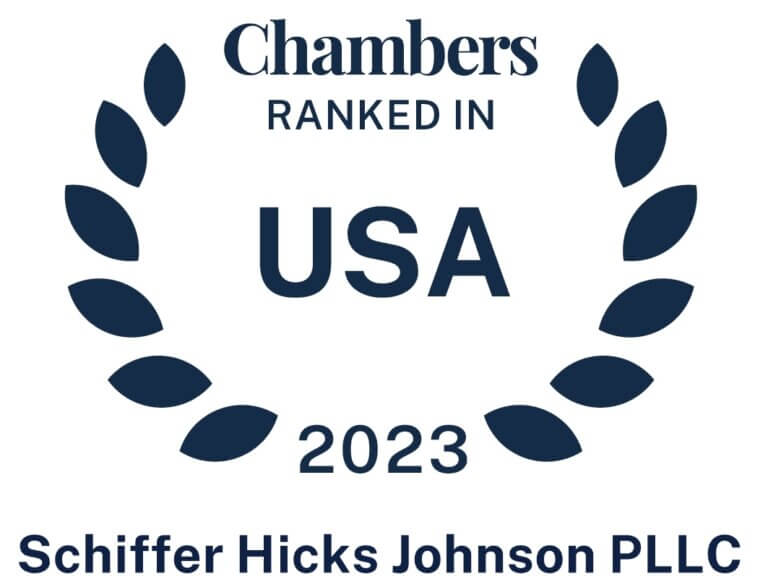11/27/23 - Insights
On December 4, 2023, the Supreme Court will hear oral argument in a case that may have major implications for bankruptcy law in the Fifth Circuit. While the Fifth Circuit has held that bankruptcy courts may not incorporate third-party releases, this case, Harrington v. Purdue Pharma L.P., et. al., challenges the legality of Purdue’s Chapter 11 bankruptcy reorganization plan on the grounds that the plan exceeds the Bankruptcy Code’s authorization by releasing claims held by non-debtors against other non-debtor third parties without the claimants’ consent. Partner Marc Tabolsky and associate Adam Greiner discuss the case’s background as well as its potential to reverse current Fifth Circuit precedent that denies the use of releases between non-debtors in Chapter 11 reorganization plans.
View Story








